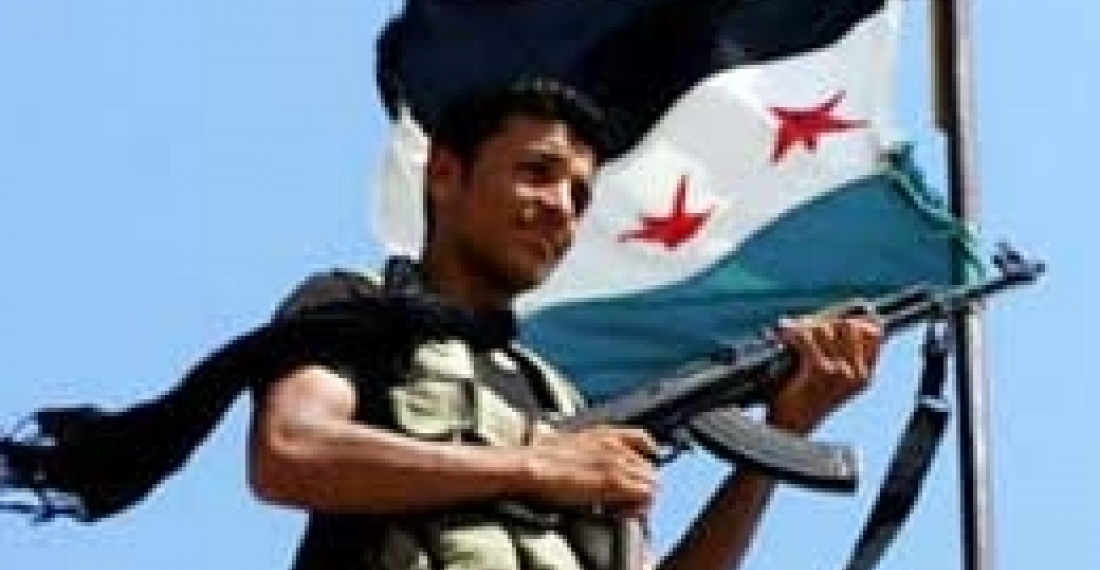Two Armenians fighting on part of the government forces in Syria were killed in military actions in Aleppo, says Zhirayr Reisyan, Press Secretary of the Armenian community in Aleppo, told ArmInfo.
He said troops of volunteers have been formed in Aleppo and among them there are several Armenians. Two of them were killed in today's military actions.
"Those Armenians independently adopted the decision to fight, but generally the Armenian community in Aleppo keeps neutral stance on the processes in the country," Reisyan explained.
He said that there is currently relative peace in Aleppo.
"Single shots are heard from time to time, but the military actions continuing all the night stopped," Reisyan said and added that the districts populated with Armenians has not been damaged seriously. However, people are scared of going out in the streets.
Currently all the central districts in Aleppo are under control of the government troops. As for the Consulate of Armenia, it functions in a safer place. There is no need for evacuation of Armenians from Aleppo yet, he said.
To recall, the UN observation mission has left Aleppo.
Two Armenians fighting on part of government forces killed in military actions in Aleppo
Two Armenians fighting on part of government forces killed in military actions in Aleppo







